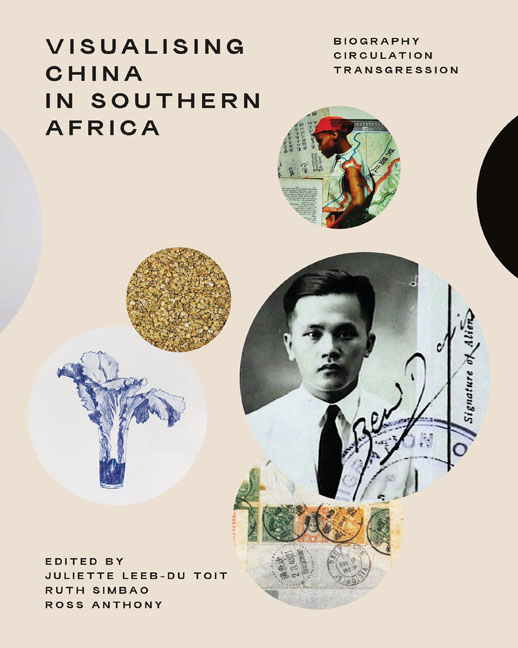13 - Wolf Warrior II: Chinese Film, African Settings and Western Narrative Convergence
Published online by Cambridge University Press: 24 November 2023
Summary
If popular culture and its projections are bound to the economic and political conditions under which they are produced (Eagleton 1991; Jameson 1992; Williams 1975), then the 2017 Chinese box office hit Wolf Warrior II offers insights into the People's Republic of China today. In this chapter, I discuss how the film, a Rambo-style action film set largely in an unnamed African country, reflects the growing material, commercial and military presence of China within the Global South.
Despite Soweto, South Africa, serving as a filming location, the movie setting is a generic sub-Saharan African country without a name. Nevertheless, the themes it raises in terms of China's growing political and economic power are as applicable to southern Africa, as they are to many other parts of the Global South. Within the past few years, an aggressive discursive turn in the tone of Chinese diplomacy has led the media to dub this style ‘wolf warrior’ diplomacy. One of its earliest proponents, the ‘brash’ former ambassador to South Africa, Lin Songtian, has typified this approach (Du Plessis 2020). For instance, in response to the continued diplomatic ties of Eswatini (formerly Swaziland) to Taiwan, Lin issued a threatening missive accusing Eswatini of being ‘immoral’ and shutting ‘all the Chinese Embassies and Consulate-Generals’ to their citizens, bar the embassy in Pretoria, so as to ‘cripple their business and the country's economy [sic] development’ (Mamba 2020).
The fantasy dimension of Wolf Warrior II, namely the lone Chinese warrior rescuing African and Chinese citizens from a rebel army and its multicultural cohort of mercenaries, is indicative of a growing desire within China to project power abroad, one that is, however, simultaneously curtailed by a self-proclaimed foreign policy of non-interference. In order to resolve this contradiction, the narrative is structured by what has been referred to as the ‘state of exception’ (Schmitt 2006 [1922], 5) – a legal grey zone in which the hero of the film operates, outside the structures of domestic and international law, while simultaneously receiving tacit government approval and support for these transgressions.
The fact that this structure mimics so many Hollywood action films is not so much a reflection of cultural appropriation per se, as it is a reflection of China's growing role as a powerful actor in global affairs.
- Type
- Chapter
- Information
- Visualising China in Southern AfricaBiography, Circulation, Transgression, pp. 264 - 277Publisher: Wits University PressPrint publication year: 2023

